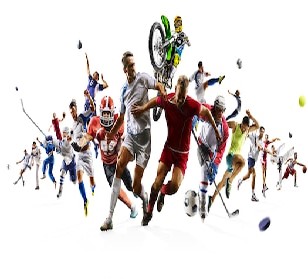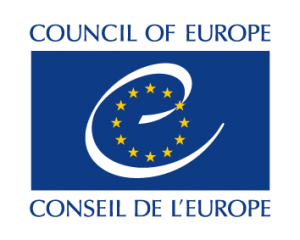Past Projects
Festival of Local Cultures

The Institute conducted in 2017 a series of visits to Lichtenstein’s, Iceland’s and Norway’s small towns and villages in order to explore the lives, habits and particularities of the local population.
The team was received by Mrs Walburga Matt, Director of Museum Mura, who enthusiastically introduced to us the life, work and customs of Lichtenstein from the historical and present-day perspective. Mrs Matt showed us around the museum, which disposes of around 10’000 exhibits, what makes it the largest collection of objects and equipment in Liechtenstein. The team also met with Mr René Schierscher, Secretary General at the Ministry for Foreign Affairs, Justice and Culture, who delivered a talk about the history and architecture of the town Eschen as well as invited us to visit the unique annual classic guitar festival (LIGITA).
In Iceland, the Institute’s team visit was facilitated by the hospitality of local government in Siglufjordur (Fjallabyggð). Mrs Linda Lea presented us books and translated fliers of the region as well as invited us to the Folk music festival. Of most importance was, however, the Herring festival, which takes place in the beginning of August since 1991. Herring plays a significant role in Siglufjordur’ life, which used to be the biggest herring village and contribute greatly to national budget (for some years herring fisheries gave the Icelandic nation almost half of the total export income). Our team had a pleasure to visit the Herring Era Museum, which won the Micheletti Award in 2004. There are exhibitions focused on fishing and salting processes, showing how men and machines transformed herring into meal and oil, as well as those providing the impression of a typical North Iceland herring port.
The Institute established the cooperation with the artistic group from Bergen. Anne Magnussen from Embla Film, together with her dedicated team, visited Warsaw to present their recent achievements in animation. The team revealed insights on their new film ‘The man who knew 75 languages’ and gave us detailed information about the previous Bergen International Festival – Northern Europe’s largest music and theatre festival.
The Institute with cooperation of the Fundacja MARS looks forward to organizing big events in the European capitals, to introduce the beauty of local cultures, promote interest, friendship and new ideas for cooperation.

NO HATE Speech Campaign

The Institute strongly supports actions taken against hate speech (including online hate speech), which undermines the fundaments of human rights and poses a direct threat to democracy.
The delegates of the Institute were involved in the works of the Council of Europe in the matter and participated in the recent seminar in Strasbourg concerning combatting antisemitic hate speech. The seminar tried to promote a shared understanding of antisemitism and its expression in online hate speech. Forty one participants subsequently were asked to share strategies and approaches to counter antisemitic hate speech as well as were invited to devise projects and initiatives to address antisemitic hate speech through the No Hate Speech Movement (NHSM) and identify measures for member states and other stakeholders to effectively act against antisemitic hate speech online. The participants were also encouraged to support coalition building and common actions between youth, human rights and media organisations to combat antisemitic hate speech, which, as proposed by our delegate Sava Jankovic, could be best achieved through human rights education of young people in the Council of Europe member states. The participants obliged to remain active in the matter and as far as possible to prepare actions for the Action Day countering antisemitic hate speech on 9 November.
The expert of the Institute, Prof. Jalgaonkar is currently engaged in and in-depth research on racial and religious hate crimes in Scotland from the legal perspective and the reference will soon be available in our publication section.


Unique Value of Sport

The Institute recognizes the traditional value of sport for human’s health and physical development, however many occurrences have proved that sport can be utilized in other contexts as well, for example, as a tool promoting social inclusion, peace and stability in the world etc. Sport can also increase honesty, commitment to work and work ethics (fair play principle), the sense of responsibility and augment courage. Contemporary, sport is used to help disadvantaged people. Namely, a lot of sportsmen are engaged in charity. They play, perform or simply donate money for those in need. Sport is likewise used to fight anti-social behaviour, like racism and xenophobia. More and more clubs, societies and individual athletes are ambassadors of equality and friendship.
The Institute has undertaken steps to popularize sport and use it as an integration platform. Our recent project „Sport for All’ was aimed at downgrading stereotypes of posh sports, reserved for elites, and invited people from all walks of life to play tennis and golf. The institute also took patronage over friendly football matches designed to integrate refuges from Syria into society.
More insights on using sport diplomacy as a peaceful means for resolving international disputes can be accessed in our publication section.







